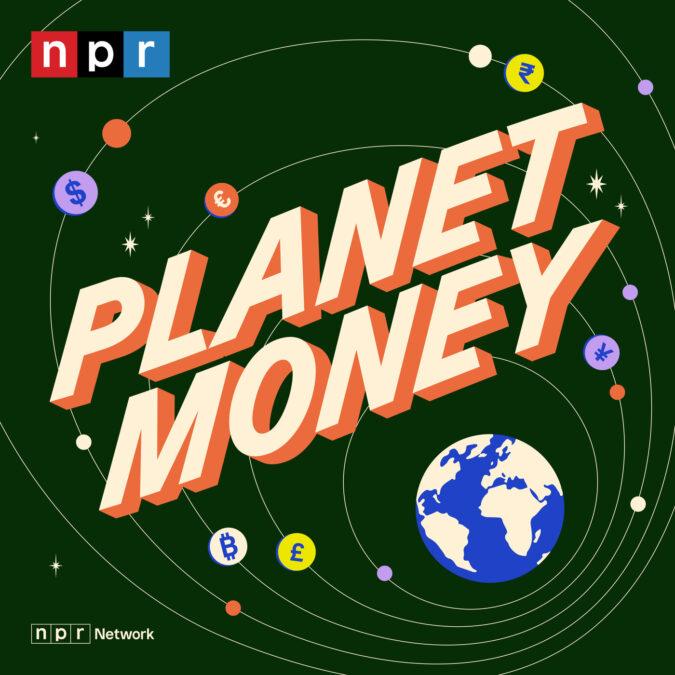The 90s sit-com Seinfeld is often called “a show about nothing.” Lauded for its observational humor, this quick-witted show focussed on four hapless New Yorkers navigating work, relationships…yada yada yada.
Jerry, George, Elaine & Kramer set themselves apart from the characters who populated shows like Friends or Cheers, by being the exact opposite of the characters audiences would normally root for. These four New Yorkers were overly analytical, calculating, and above all, selfish.
In other words, they had all the makings of a fascinating case study in economics.
Economics professors Linda Ghent and Alan Grant went so far as to write an entire book on the subject, Seinfeld & Economics. The book points readers to economic principles that appear throughout the show, ideas like economic utility, game theory, and the best way to allocate resources in the face of scarcity.
On today’s show, we make the case that Seinfeld is, at its heart, not a show about nothing, but a show about economics. And that understanding Seinfeld can change the way you understand economics itself.
This episode was produced by Alyssa Jeong Perry with help from Emma Peaslee. It was edited by Keith Romer. It was mastered by Robert Rodriguez and fact-checked by Sierra Juarez. Jess Jiang is our acting executive producer.
Help support Planet Money and get bonus episodes by subscribing to Planet Money+ in Apple Podcasts or at plus.npr.org/planetmoney.







